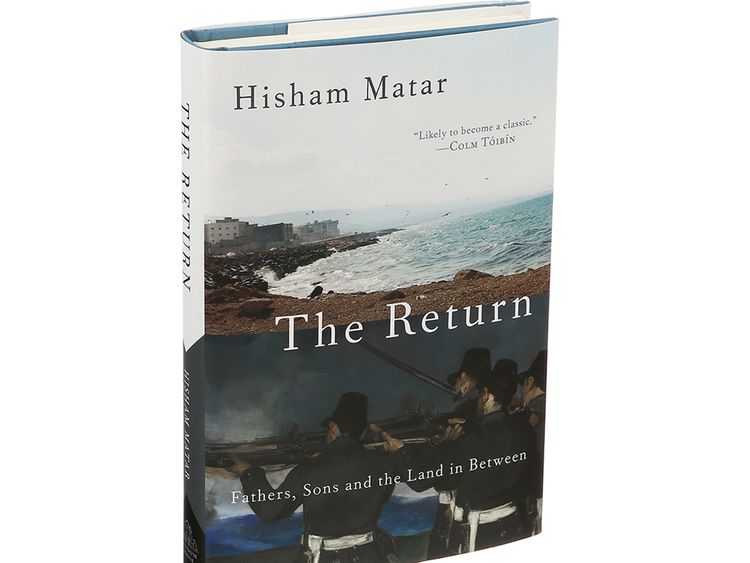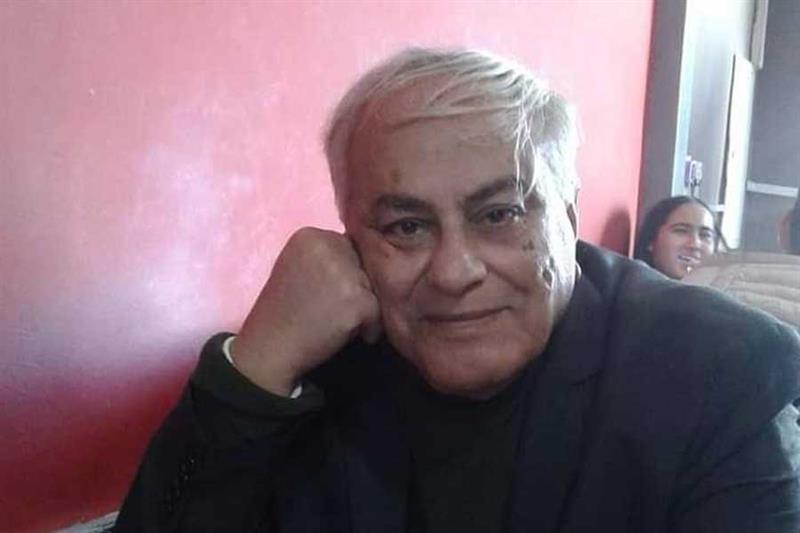“The Return” is a meditation on human condition, an exploration of the bonds of family.
In his poignant and deeply affecting memoir, “The Return,” Hisham Matar invites readers on a journey into the heart of his native Libya, a journey marked by love, loss, and the relentless pursuit of truth.
As the acclaimed author of “In the Country of Men,” Matar brings his exquisite storytelling prowess to bear on the exploration of his own family’s harrowing ordeal amid the turbulent political landscape of their homeland.
The narrative begins with a pivotal moment in Matar’s life, when at the tender age of nineteen, his world was shattered by the abduction of his father, a courageous man. The elder Matar’s disappearance cast a long shadow over the family, leaving them grappling with uncertainty and anguish.
Yet, amid the darkness, Matar clung to a flicker of hope, a stubborn belief that his father may yet be found. It is this unwavering hope that propels him forward, driving him to embark on a decades-long quest for answers.
Against the backdrop of upheaval and societal transformation, Matar chronicles his return to Libya, a homeland he once fled as a child. With his mother and wife by his side, he confronts the ghosts of his past and navigates the complexities of a country in flux.
Through evocative prose and piercing insight, Matar captures the essence of a nation on the cusp of profound change, grappling with the weight of its history and the promise of its future.
“The Return” transcends the confines of a mere memoir; it is a meditation on the human condition, an exploration of the enduring bonds of family and the resilience of the human spirit.
Nature of love and loss
Matar’s storytelling takes the readers to the heart of Libya, immersing them in its sights, sounds, and emotions. With each turn of the page, we are drawn deeper into the labyrinth of Matar’s inner world, as he grapples with questions of identity, belonging, and the nature of love and loss.
At its core, “The Return” is a testament to the power of storytelling to illuminate the darkest corners of our collective experience, offering solace, catharsis, and ultimately, redemption.
Matar paints a poignant portrait of the human spirit’s capacity to endure and find solace in the face of uncertainty. Beyond mere memoir, “The Return” stands as a testament to the strength of hope, offering inspiration to all who confront life’s tribulations.
source/content: gulfnews.com /ahmad nazir (headline edited)
____________


pix: wikipedia.com
_________
AMERICAN / LIBYAN

